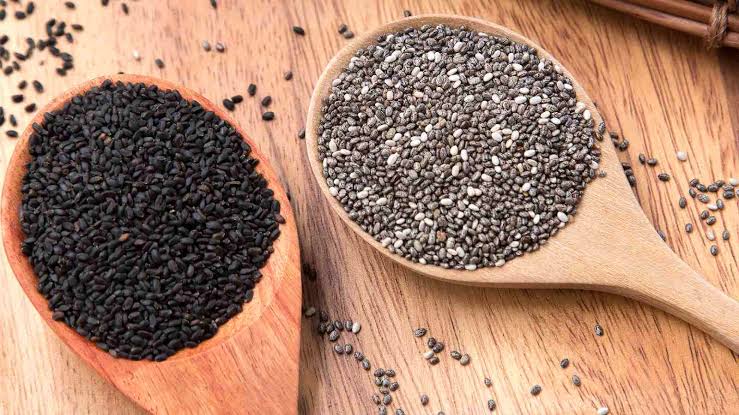Why Am I Hungry All the Time? Understanding Constant Hunger
Feeling hungry all the time can be frustrating, especially when you're trying to maintain a balanced diet. Hunger is your body’s way of signaling that it needs energy, but constant hunger could mean there’s more going on. Let’s explore some common reasons behind this feeling and how to address them.
1. You’re Not Eating Enough
One of the most obvious reasons for constant hunger is not eating enough calories. If your meals are too small or lack balance, your body may signal for more food.
Solution: Ensure your meals include a combination of protein, healthy fats, and complex carbohydrates to keep you full longer.
Example: Replace a plain bowl of cereal with oatmeal topped with nuts and fruits for a more satisfying breakfast.
2. Too Many Refined Carbs
Foods like white bread, pastries, and sugary snacks are high in refined carbs, which can cause a quick spike in blood sugar followed by a crash. This crash triggers hunger, even if you’ve just eaten.
Solution: Opt for whole grains, fruits, and vegetables to stabilize your blood sugar levels.
Example: Swap white bread for whole-grain bread or sugary drinks for water or herbal teas.
3. Lack of Protein in Your Diet
Protein is a key nutrient for keeping you full. If your diet is low in protein, you might find yourself constantly hungry.
Solution: Incorporate protein-rich foods like eggs, chicken, beans, or tofu into your meals.
Example: Add boiled eggs or Greek yogurt to your snack routine.
4. Not Enough Healthy Fats
Healthy fats, like those found in nuts, seeds, avocados, and olive oil, help slow digestion and keep you satisfied. A low-fat diet might leave you feeling hungry frequently.
Solution:
Include a source of healthy fat in each meal.
Example: Add a few slices of avocado to your sandwich or drizzle olive oil over your salad.
5. Dehydration
Thirst is often mistaken for hunger. If you’re not drinking enough water, you may feel hungry even when your body simply needs hydration.
Solution: Drink water regularly throughout the day.
Example: Start your day with a glass of water and carry a reusable water bottle with you.
6. Lack of Sleep
Sleep deprivation disrupts hormones that regulate hunger, like ghrelin and leptin. Less sleep means higher ghrelin levels, which increases hunger, and lower leptin levels, which signals fullness.
Solution:
Aim for 7-9 hours of quality sleep each night.
Example: Create a bedtime routine that includes winding down an hour before bed.
7. Stress or Emotional Eating
Stress triggers the release of cortisol, a hormone that can increase appetite, especially for comfort foods. Similarly, emotional eating can make you feel hungry when you’re not.
Solution: Practice stress-relief techniques like meditation, yoga, or journaling.
Example: Next time you feel stressed, take a walk instead of reaching for a snack.
8. Hormonal Changes
For women, hormonal fluctuations during menstrual cycles or pregnancy can lead to increased hunger. Similarly, conditions like hyperthyroidism can also cause constant hunger.
Solution: Track your cycle or consult a doctor if you suspect a medical condition.
Example: Maintain a balanced diet and eat smaller, more frequent meals during hormonal shifts.
9. Eating Too Quickly
Eating too fast doesn’t give your brain enough time to signal fullness, leaving you feeling hungry even after a meal.
Solution:
Eat slowly and mindfully to allow your brain to catch up with your stomach.
Example: Put your fork down between bites and chew thoroughly.
10. Lack of Fiber
Fiber-rich foods slow digestion and help you feel full. A diet low in fiber may leave you hungry shortly after eating.
Solution: Incorporate fiber-rich foods like whole grains, fruits, vegetables, and legumes into your meals.
Example: Replace white rice with quinoa or add lentils to your soup.
Author
Meghana JG
Child Wellness and Nutrition Consultant
Wellness Wayz


